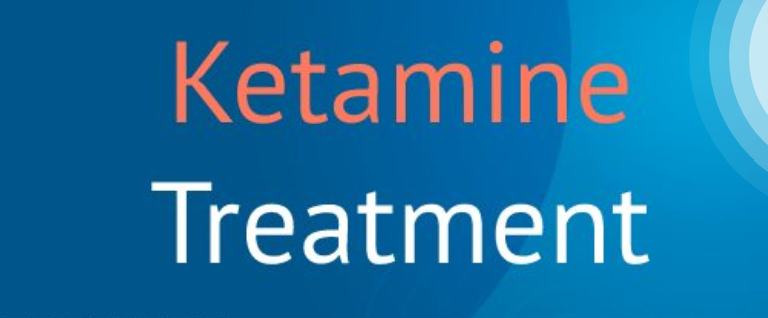 Treatment-resistant depression (TRD) poses a significant challenge for individuals struggling with this debilitating condition. Despite trying multiple medications and therapies, some individuals continue to experience persistent symptoms that significantly impair their quality of life. In recent years, ketamine therapy has emerged as a promising option for individuals with TRD. In this blog post, we’ll explore what ketamine therapy is, how it works, and its potential benefits for those with treatment-resistant depression.
Treatment-resistant depression (TRD) poses a significant challenge for individuals struggling with this debilitating condition. Despite trying multiple medications and therapies, some individuals continue to experience persistent symptoms that significantly impair their quality of life. In recent years, ketamine therapy has emerged as a promising option for individuals with TRD. In this blog post, we’ll explore what ketamine therapy is, how it works, and its potential benefits for those with treatment-resistant depression.What is Ketamine Therapy?
Benefits of Ketamine Therapy for TRD
-
Rapid Onset of Action: One of the most striking benefits of ketamine therapy is its rapid onset of action. Many individuals with TRD experience significant improvement in their symptoms within hours or days after a single infusion, compared to weeks or months with traditional antidepressants.
-
High Response Rates: Clinical studies have shown that a substantial proportion of individuals with TRD respond positively to ketamine therapy, with response rates ranging from 50% to 70%. For some individuals, ketamine therapy provides much-needed relief from persistent depressive symptoms that have not responded to other treatments.
-
Potential for Sustained Benefits: While the antidepressant effects of ketamine are often short-lived, lasting anywhere from a few days to a few weeks, some individuals may experience more sustained benefits with repeated infusions or maintenance therapy. Ongoing research is exploring ways to prolong the antidepressant effects of ketamine and optimize treatment outcomes.
-
Improved Functioning and Quality of Life: Beyond symptom relief, ketamine therapy has been associated with improvements in overall functioning, social engagement, and quality of life for individuals with TRD. By alleviating depressive symptoms, ketamine therapy can help individuals regain a sense of purpose, productivity, and connection to others.
Considerations for Ketamine Therapy
-
Medical Supervision: Ketamine therapy should be administered in a controlled medical setting by trained professionals to ensure safety and minimize potential risks. Common side effects may include dissociation, transient increases in blood pressure and heart rate, and in rare cases, hallucinations or psychosis.
-
Individual Variability: Not everyone responds to ketamine therapy, and individual responses can vary. Factors such as dosage, frequency of treatment, and underlying biological and psychological factors can influence treatment outcomes.
-
Comprehensive Treatment Plan: Ketamine therapy is often used as part of a comprehensive treatment plan that may include psychotherapy, medication management, and lifestyle interventions. Integrating ketamine therapy with other treatments can enhance overall effectiveness and promote long-term wellness.
Ketamine therapy represents a groundbreaking advancement in the treatment of TRD, offering hope and relief for individuals who have not responded to traditional antidepressants. By targeting the glutamatergic system and promoting synaptic plasticity, ketamine has the potential to transform the lives of those struggling with treatment-resistant depression. If you or someone you know is experiencing TRD, it’s essential to explore all available treatment options and consult with qualified mental health professionals to determine the most appropriate course of action.
At Luma Health & Wellness in San Diego, we specialize in providing innovative and compassionate care for individuals with treatment-resistant depression. Our ketamine therapy program is designed to offer rapid relief and help you regain control of your life.
Contact us today to learn more about how ketamine therapy can benefit you and to schedule a consultation. Take the first step towards a brighter, more hopeful future.




